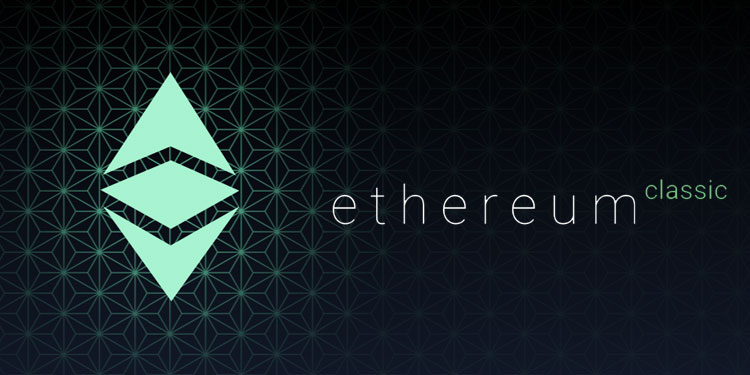
Through a tweet, Ethereum Classic affirmed the breach and guaranteed that it is doing the needful to resolve the issue.
“While ETC is still making progress in evaluating proposed solutions, we are aware of the current risk to the network at these low hash rate levels. To miners, exchanges, and other service providers we suggest keeping confirmation requirements levels well above 7K for now.”
The strike took place weeks after coders suggested amendments to the network for the next 3-6 months in order hackers at bay.
While ETC is still making progress in evaluating proposed solutions, we are aware of the current risk to the network at these low hash rate levels.
To miners, exchanges, and other service providers we suggest keeping confirmation requirements levels well above 7K for now. https://t.co/l6nwIy5mL2
— Ethereum Classic (@eth_classic) August 29, 2020
Quick response to the scenario involves entering into a defensive mining agreement with big mining pools to ensure stable or even increasing hashrates, improve network monitoring, whitelisting of addresses and an ultimate arbitrate system to stop chain reorganization.
Through another tweet, ETC stated that is presently at “~3% of the overall network hashrate” and is cognizant that continuous attacks may happen while trialing out these modifications.
ETC is ~3% of the overall ETH network hashrate. We are well aware of potential repeated attacks while solutions such as "reorg caps" and the subsequent ECIPs are being tested and evaluated.
If you haven't already please increase (which most have) please raise confs above ~10K.
— Ethereum Classic (@eth_classic) August 29, 2020
At least two 51% attacks took place this month on the Ethereum Classic blockchain, before yesterday’s attack. Crypto exchanges such as OKEx, alarmed at frequent breach, have cautioned ETC that it will delist if security is not overhauled.